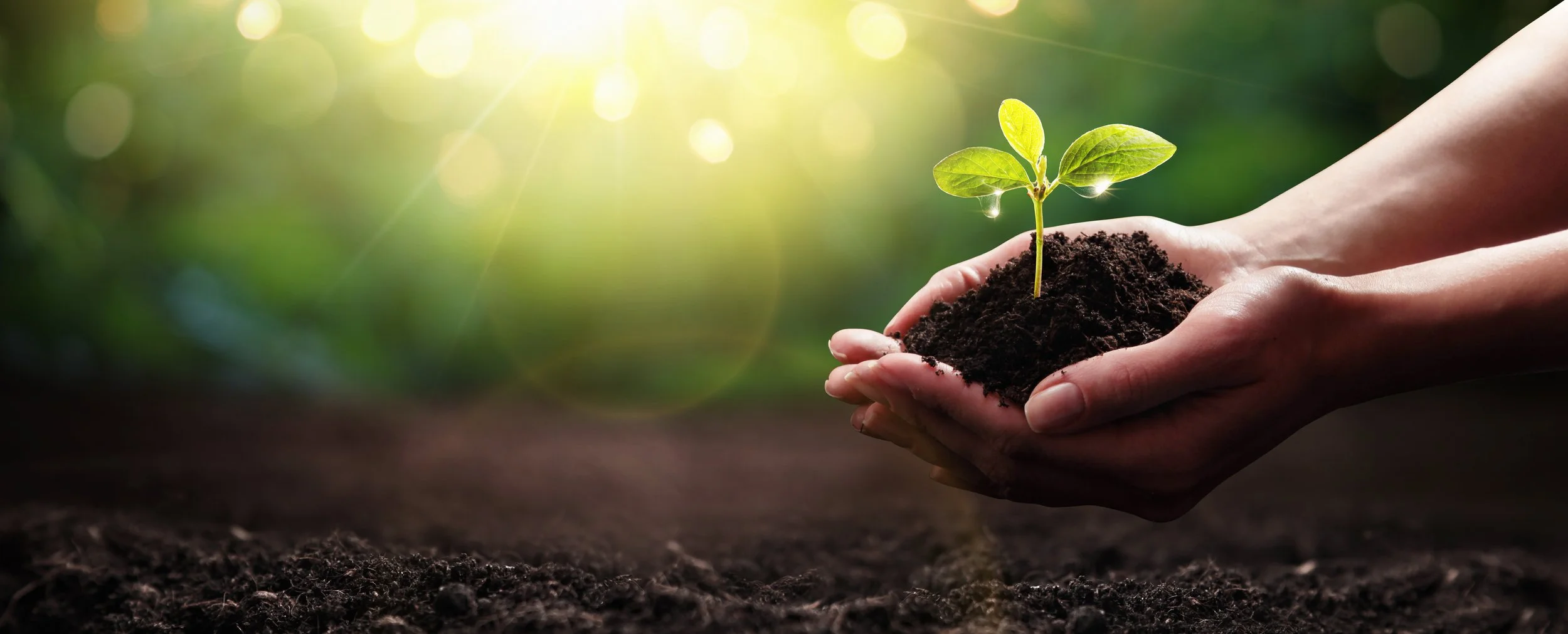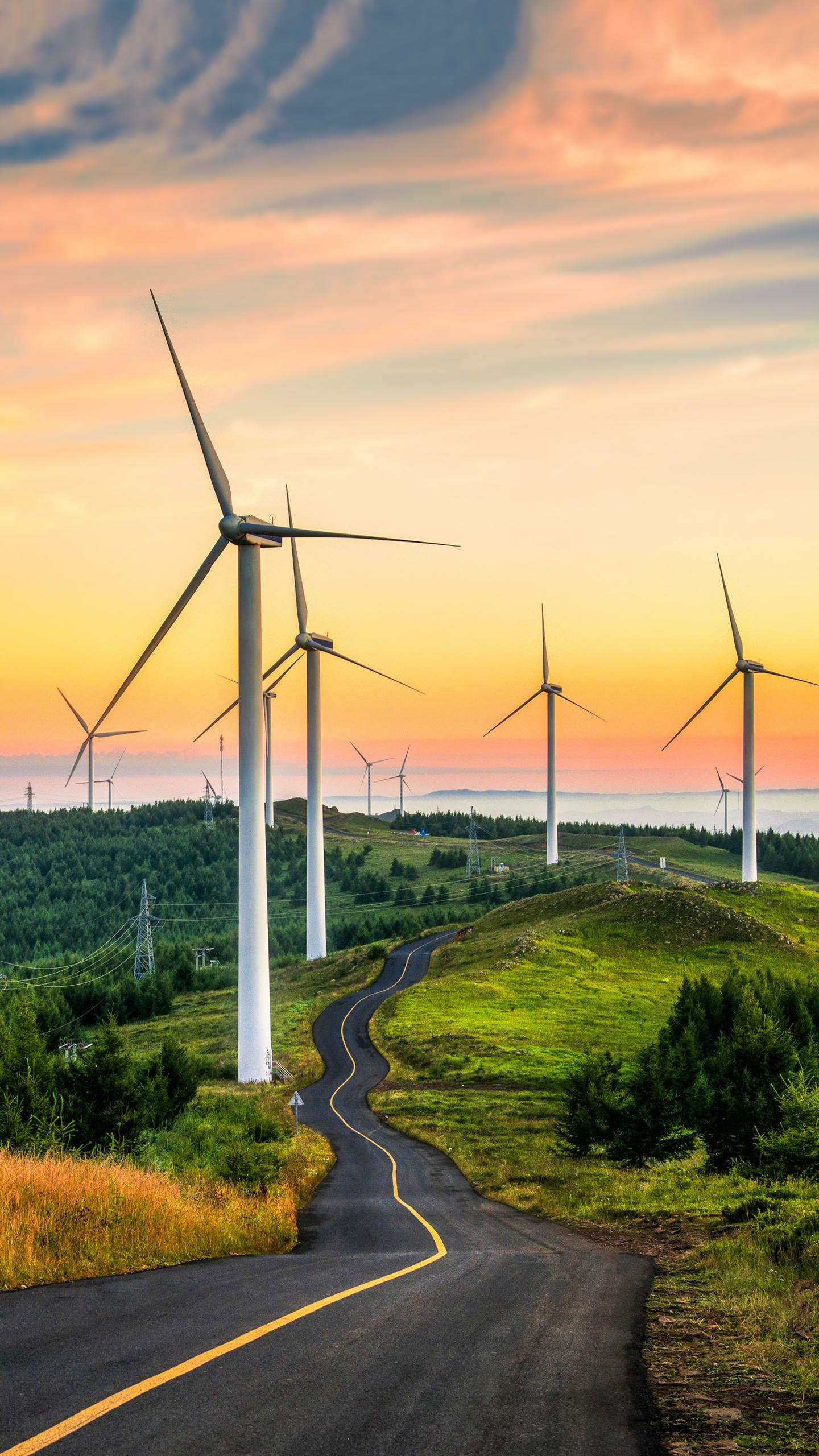Sustainability
At Warminster Osteopathic Clinic, we want to make our contribution to help ensure our planet has a sustainable future for our children and grandchildren. It takes time and encouragement to change how we do things as individuals, as a business, as a country and as the world. Today is the day to start.
We’ve come up with this challenge, with the aim of raising awareness of the small changes we can all make that can add up to success.
The future of the planet is in our hands
Jonathan Penny, Principal Osteopath, cycling to the Clinic
Try washing your laundry on cold fill
Ruth Haskew and Jonathan Penny, preparing to cycle and save carbon
Sustainability Challenge 2023
Take up any of our 10 Lifestyle Challenges listed below
Send us a photo to Clinic FaceBook or Clinic WhatsApp, showing what you’re up to, with hashtag #ClinicChallenge
We plant a tree for everyone who enters
Prize Hamper of Goodies for whoever makes the greatest change
We will all be winners if we reach Net Zero
10 Lifestyle Challenges
Reaching Net Zero requires reducing carbon dioxide emissions, created mostly from burning fossil fuels, and then increasing carbon dioxide absorption, mostly by trees, until we re-gain the perfect balance of Net Zero Emissions. Any measure that uses less electricity or gas or petrol or diesel or oil, will reduce carbon dioxide emissions and will probably also save you money.
Lower-carbon Travel to the Clinic
Government figures show that 27% of carbon dioxide created in the UK comes from transport. If you normally travel by car, try car-sharing, take public transport, cycle or walk. According to Trainline, train travel creates 70% less carbon dioxide than the equivalent car journey.
Plant a Tree
Grow a tree from seed or buy one from a garden centre. If you don’t have room to do this, use an app or website to do this for you. The Tree App asks you to watch a short advert every day, and then in return the advertiser pays to plant a tree in various sites around the world. Trees for Life website allows you to pay for a native tree to be planted in a Scottish Rewilding Project. There is an increasing number of similar apps and websites. Show us what you find!
Vegetarian Meals
Eat animal-free meals for the week. The UN Food & Agriculture Organisation stated in 2013 that 14.5% of the world’s greenhouse gas emissions is created by farmed livestock, mostly cattle. When replacing meat with veggie alternatives, consider reducing the carbon-creating food miles by buying only UK grown products.
Heating
If you have a central thermostat, try reducing by a degree or two, and altering the timer to be on for fewer hours a day. If you are able, get up and walk around or run on the spot for a few minutes at least once an hour. It will keep you warmer and is recommended by health experts. There is no shame in using a hot water bottle and a blanket to keep you cosy.
Laundry
Try washing on cold and drying on the line for the week. Which? states that swapping your wash temperature from 40 deg to 20 deg saves 62% of the energy costs and the associated carbon dioxide created is much less. Washing on absolutely cold and reducing your spin speed saves more money and more carbon dioxide. Add drying on the line or an airer rather than in the tumble drier, and the savings increase.
Cooking
Cook your main meal in a slow cooker for the week. How nice would it be to come home to a ready cooked hot meal, at a fraction of the cost of using your oven? This requires additional planning and some preparation time at the beginning of the day, but it could well be worth it. If you like using your oven, consider cooking several items at the same time, and turning the oven off before the end of the cooking time. Ovens are well insulated and hold their heat.
Standby
Switch it off at the wall for the week. We saved 5kWh a week just by doing this. Games consoles and entertainment gadgets like FireSticks use a surprising amount on standby, but all chargers, microwaves, computers, TVs etc continue to draw a small amount. Don’t turn off your router though!
Lightbulbs
Check every lightbulb and swap to LED versions. There are many more shapes and styles of LED bulbs available now compared to five years ago. We recently swapped over-worktop bulbs, changing our usage from 80W halogen to 9.6W LED. The bulbs cost the same to buy, and promise to last very much longer. Consider motion sensor bulbs - these are more expensive to buy at around £10 each. They fit into a normal bayonet or screw fitting with no additional sensors. They work best when hanging down from a ceiling in a corridor or over the stairs. Some have day/night sensors too to prevent them coming on when it is light.
Refill Shop
Find your local zero waste shop and use it. Frome has one on Bath Street. Trowbridge has one on Fore St. Salisbury has one on Winchester St which sells a range of dry goods such as pasta, rice, bran flakes, oats as well as laundry detergents, shampoo and cosmetics. Salisbury also has England’s first Refill Whisky Shop!
Buy & Sell Secondhand
Try selling your unwanted items on an app like Vinted or via FaceBook Marketplace. Someone else will have the use of the things you don’t need rather than increasing landfill, and you’ll get some extra cash. What’s not to like?
What we’ve Done so far
Some big things…
Audit of our premises and work practices to provide a starting point
Insulation - replaced all single glazed windows with double glazed windows
Energy efficiency - replaced old boiler with more efficient model
Energy smart meters - installed to enable analysis of electricity and gas usage
Administration - moved to online software to reduce paper use and to enable some working from home
Installed an internet-enabled thermostat for heating, to encourage mindful use of heat energy
And some small things…
Bicycle racks - to encourage patients and staff to cycle to the Clinic
Lightbulbs - replaced tungsten and halogen with LEDs, including some motion sensor LEDs
Water cooler cups - replaced with fully recyclable
Paper and cardboard waste - we pay extra to have these properly recycled
Plinth roll, paper towels, loo roll - replaced with recycled versions from a UK manufacturer
Supplements - all UK manufactured
Pillows - all UK manufactured
Massage oil - we are phasing out petro-chemical based oil and replacing with one made in the UK from bees’ wax
Bin liners - replaced with compostable plastic liners
Coffee pods - purchased a gadget to enable recycling of pods and spent coffee
Browser search engine - swapped to Ecosia, which plants a tree for every search carried out
Power monitor - purchased to find how much electricity is used by our devices
Replaced old draught excluder with new style
What we’re planning
Raise awareness amongst patients and staff
Encourage use of lower-carbon travel methods to the Clinic, including car-share, train, cycle and walking
Consider viability of an electric car charging point
Offsetting our carbon footprint with tree planting
Additional premises improvements to increase energy efficiency
Find more UK suppliers for the products we sell and those we use in the Clinic - to reduce product miles
When electrical appliances need replacing, buy the most energy efficient
Home composting of kitchen waste







